Iran's parliament speaker Ali Larijani said on Monday Iran saw little benefit from its membership of the nuclear Non-Proliferation Treaty, a day after Tehran announced plans to build 10 uranium enrichment plants.
Iran's parliament speaker Ali Larijani said on Monday Iran saw little benefit from its membership of the nuclear Non-Proliferation Treaty, a day after Tehran announced plans to build 10 uranium enrichment plants.
Russia said it was seriously concerned by the proposal for a major expansion of Iran's atomic programme. Washington has condemned the plans as a "serious violation" of Tehran's obligations under UN security council resolutions.
Monday's comments by Larijani, an influential conservative politician, were a further sign of deteriorating relations between Iran and world powers seeking a diplomatic solution to a long-running row over Iran's nuclear programme.
Last week the UN nuclear agency, the International Atomic Energy Agency (IAEA) rebuked Iran for building a uranium enrichment plant in secret.
"I believe that their moves are harming the NPT the most ... now whether you are a member of the NPT or pull out of it has no difference," Larijani told a news conference.
The head of Iran's Atomic Energy Organisation, Ali Akbar Salehi, said the decision to build the new enrichment plants was direct response to the IAEA condemnation.
"This decision was the result of the recent (IAEA) resolution, and Iran's government sent a strong message," said Ali Akbar Salehi, head of Iran's Atomic Energy Organisation, quoted by state broadcaster IRIB.
Top Iranian officials have repeatedly said Tehran has no intention to leave the NPT, under which its nuclear sites are subject to regular UN nuclear watchdog inspections, or seek nuclear weapons it says violate the tenets of Islam.
Strategic analysts also believe Iran would think twice before quitting the NPT since such a move would betray nuclear weapons ambitions and could provoke a pre-emptive attack by Israel and possibly the United States.
Salehi, said Tehran would not violate its international commitments, state television reported.
But a hardline newspaper editor, appointed by Supreme Leader Ayatollah Ali Khamenei, asked in an editorial whether it was time for Tehran to withdraw from the treaty.
"After seven years of hasty behaviour by the agency and (six world powers involved in diplomatic efforts to resolve the row) isn't it time for Iran to pull out of the NPT?" wrote managing editor Hossein Shariatmadari of Kayhan newspaper. "This is a serious question and needs a logical answer."
The 35-nation IAEA board angered Iran on Friday when it censured it for secretly building a second uranium enrichment plant in a mountain bunker near the holy city of Qom, in addition to one in Natanz.
Hitting back, president Mahmoud Ahmadinejad's government on Sunday announced the plans for the 10 new enrichment plants.
The United States condemned the announcement and analysts said it would accelerate calls for more UN sanctions against Iran over atomic activities that Washington suspects is aimed at building a nuclear bomb, something Tehran strongly denies.
Russia, which has so far refused to publicly support US calls for the threat of sanctions against Iran, said it was "seriously concerned by the latest statements of the Iranian leadership".
France said Iran should be given a "last chance" in talks over its atomic programme, but said it must heed the warnings of the UN agency.
"The fact that Iran persists in ignoring the demands of a big independent agency like the IAEA, that's very dangerous," foreign minister Bernard Kouchner said.
Analysts were sceptical whether sanctions-bound Iran, which has problems obtaining materials and components abroad, would be able to equip and operate 10 new plants.
Larijani said the IAEA was not providing nuclear fuel and technical support to its members as it should under the NPT.
"The NPT has become a tool that is used during the (IAEA) board meetings to create a political atmosphere," he said.
Under an IAEA-drafted deal last month, Iran would receive nuclear fuel for a medical research reactor if it parts with most of its existing stockpile of low-enriched uranium.
Iran has called for key amendments to the draft and media said the government would at a meeting on Wednesday study the issue of producing the fuel itself.
Larijani said there was still room for diplomacy.
"It would be useful for them also to use this diplomatic opportunity to let Iran work in the framework of the IAEA and international supervision to assure them that Iran''s activities are peaceful," he said. "Of course they are free to choose another method and Iran will act accordingly."
![submenu-img]() BIG relief for Delhi-NCR commuters as light rail transit system to connect...
BIG relief for Delhi-NCR commuters as light rail transit system to connect...![submenu-img]() IND vs BAN 2nd Test: What happened to Bangladesh super fan 'Tiger Robi' in Kanpur?
IND vs BAN 2nd Test: What happened to Bangladesh super fan 'Tiger Robi' in Kanpur?![submenu-img]() IND vs BAN: Ravindra Jadeja on cusp of huge Test milestone; set to join Ashwin, Kapil Dev in elite list
IND vs BAN: Ravindra Jadeja on cusp of huge Test milestone; set to join Ashwin, Kapil Dev in elite list![submenu-img]() Maldives President Mohamed Muizzu planning to visit India 'as soon as possible'
Maldives President Mohamed Muizzu planning to visit India 'as soon as possible'![submenu-img]() Meet actress known for death scenes initially, gave Rs 100 crore hit in Rs 20 crore budget, she is…
Meet actress known for death scenes initially, gave Rs 100 crore hit in Rs 20 crore budget, she is…![submenu-img]() UNGA में गिड़गिड़ाया पाक, Shehbaz Sharif ने बताया किस बात को लेकर उड़ा रखी है भारत ने उनकी नींद
UNGA में गिड़गिड़ाया पाक, Shehbaz Sharif ने बताया किस बात को लेकर उड़ा रखी है भारत ने उनकी नींद![submenu-img]() Bihar Flood Alert : नदियां उफान पर, 13 जिलों में भीषण बाढ़ का अलर्ट, मौसम विभाग ने कही ये बात
Bihar Flood Alert : नदियां उफान पर, 13 जिलों में भीषण बाढ़ का अलर्ट, मौसम विभाग ने कही ये बात![submenu-img]() Diwali और Chhath Puja पर भी मिलेगा टिकट, Indian Railway ने किया ये खास इंतजाम
Diwali और Chhath Puja पर भी मिलेगा टिकट, Indian Railway ने किया ये खास इंतजाम![submenu-img]() Incredible India: भारत के इस शहर में हैं तीन प्राचीन स्मारक, यहां के संगीत से फिजा हो जाती है सुरमयी
Incredible India: भारत के इस शहर में हैं तीन प्राचीन स्मारक, यहां के संगीत से फिजा हो जाती है सुरमयी![submenu-img]() Zomato की को-फाउं�डर Akriti Chopra ने दिया इस्तीफा, 13 साल बाद अचानक छोड़ी कंपनी
Zomato की को-फाउं�डर Akriti Chopra ने दिया इस्तीफा, 13 साल बाद अचानक छोड़ी कंपनी![submenu-img]() Mahindra Thar Roxx 4x4 prices revealed, starts at Rs…
Mahindra Thar Roxx 4x4 prices revealed, starts at Rs…![submenu-img]() Sebi gives nod to Hyundai India's Rs 20,000 crore IPO, listing month is...
Sebi gives nod to Hyundai India's Rs 20,000 crore IPO, listing month is...![submenu-img]() Tata launches Nexon iCNG, check price, mileage, other features
Tata launches Nexon iCNG, check price, mileage, other features![submenu-img]() This Indian car brand set to acquire 50% stake in Skoda Auto Volkswagen India, deal will cost Rs…
This Indian car brand set to acquire 50% stake in Skoda Auto Volkswagen India, deal will cost Rs…![submenu-img]() Ford to return to India after 2 years with reopening of....
Ford to return to India after 2 years with reopening of....![submenu-img]() Meet man, bangle seller who cracked UPSC exam despite being specially abled, becomes IAS officer with AIR...
Meet man, bangle seller who cracked UPSC exam despite being specially abled, becomes IAS officer with AIR...![submenu-img]() Meet man who passed AIIMS exam at 16, cracked UPSC exam at 22, later resigned as IAS officer to build...
Meet man who passed AIIMS exam at 16, cracked UPSC exam at 22, later resigned as IAS officer to build...![submenu-img]() Meet man who lost his legs, cracked JEE Advanced, completed B.Tech from IIT Madras, is now working at…
Meet man who lost his legs, cracked JEE Advanced, completed B.Tech from IIT Madras, is now working at…![submenu-img]() Meet IAS officer, son of grocery store owner, left Rs 28 lakh job, cracked UPSC in first attempt without coaching...
Meet IAS officer, son of grocery store owner, left Rs 28 lakh job, cracked UPSC in first attempt without coaching...![submenu-img]() Meet IAS Tina Dabi's friend who quit her MD degree, cracked UPSC exam without coaching, became IAS officer with AIR...
Meet IAS Tina Dabi's friend who quit her MD degree, cracked UPSC exam without coaching, became IAS officer with AIR...![submenu-img]() IIFA Awards 2024: Date, Time, Venue And Where To Watch - All You Need To Know
IIFA Awards 2024: Date, Time, Venue And Where To Watch - All You Need To Know![submenu-img]() Congress President Kharge Slams & Opposes 'One Nation, One Election' Proposal, Calls It Impractical
Congress President Kharge Slams & Opposes 'One Nation, One Election' Proposal, Calls It Impractical![submenu-img]() Why 'One Nation One Election' Is important? Ashwini Vaishnaw Explains After It Gets Cabinet Approval
Why 'One Nation One Election' Is important? Ashwini Vaishnaw Explains After It Gets Cabinet Approval![submenu-img]() Jammu Kashmir Assembly Election 2024 Phase 1 Highlights: What Happened In First phase In J&K Polls?
Jammu Kashmir Assembly Election 2024 Phase 1 Highlights: What Happened In First phase In J&K Polls?![submenu-img]() One Nation One Election: Centre Clears Proposal, Bill To Be Introduced In Winter Session | Modi 3.0
One Nation One Election: Centre Clears Proposal, Bill To Be Introduced In Winter Session | Modi 3.0![submenu-img]() Mukesh Ambani’s Reliance Jio has marvellous plan in store for you, all set to conquer the world
Mukesh Ambani’s Reliance Jio has marvellous plan in store for you, all set to conquer the world![submenu-img]() Navigating the Complexities of Public Sector Innovation: Nitin Prasad’s Leadership in Government IT Projects
Navigating the Complexities of Public Sector Innovation: Nitin Prasad’s Leadership in Government IT Projects![submenu-img]() This is when Mukesh Ambani's wealth would end if he spends Rs 30000000 daily
This is when Mukesh Ambani's wealth would end if he spends Rs 30000000 daily![submenu-img]() Meta CEO Mark Zuckerberg becomes world's third richest, enters exclusive club of Rs...
Meta CEO Mark Zuckerberg becomes world's third richest, enters exclusive club of Rs...![submenu-img]() Anil Ambani's stunning comeback as his three companies are now debt free, net worth jumps to Rs...
Anil Ambani's stunning comeback as his three companies are now debt free, net worth jumps to Rs...![submenu-img]() IIFA Awards 2024: Vicky Kaushal does Tauba Tauba with Shahid Kapoor, Kriti Sanon; Siddhant Chaturvedi hugs Ananya Panday
IIFA Awards 2024: Vicky Kaushal does Tauba Tauba with Shahid Kapoor, Kriti Sanon; Siddhant Chaturvedi hugs Ananya Panday![submenu-img]() 10 thirst trap pics of ‘Stree’ Tamannaah Bhatia
10 thirst trap pics of ‘Stree’ Tamannaah Bhatia![submenu-img]() Top six diet and fitness secrets by Nita Ambani
Top six diet and fitness secrets by Nita Ambani ![submenu-img]() In pics: 10 stunning looks of Janhvi Kapoor from Devara
In pics: 10 stunning looks of Janhvi Kapoor from Devara![submenu-img]() Meet 5 IITians who left high-paying jobs, cracked UPSC to become IAS, IPS
Meet 5 IITians who left high-paying jobs, cracked UPSC to become IAS, IPS![submenu-img]() BIG relief for Delhi-NCR commuters as light rail transit system to connect...
BIG relief for Delhi-NCR commuters as light rail transit system to connect...![submenu-img]() 2 dead as wall of Mahakal temple collapses in Ujjain due to heavy rain, rescue operation underway
2 dead as wall of Mahakal temple collapses in Ujjain due to heavy rain, rescue operation underway![submenu-img]() MUDA land 'scam': Lokayukta Police registers FIR against Karnataka CM Siddaramaiah
MUDA land 'scam': Lokayukta Police registers FIR against Karnataka CM Siddaramaiah![submenu-img]() Experience Manavta Mahotsav this weekend; a unique celebration of spirituality and humanity
Experience Manavta Mahotsav this weekend; a unique celebration of spirituality and humanity ![submenu-img]() Vedanta Aluminium introduces Ayush Ministry’s “Swarna Prasan” initiative in Odisha’s Kalahandi; to be extended to Rayaga
Vedanta Aluminium introduces Ayush Ministry’s “Swarna Prasan” initiative in Odisha’s Kalahandi; to be extended to Rayaga
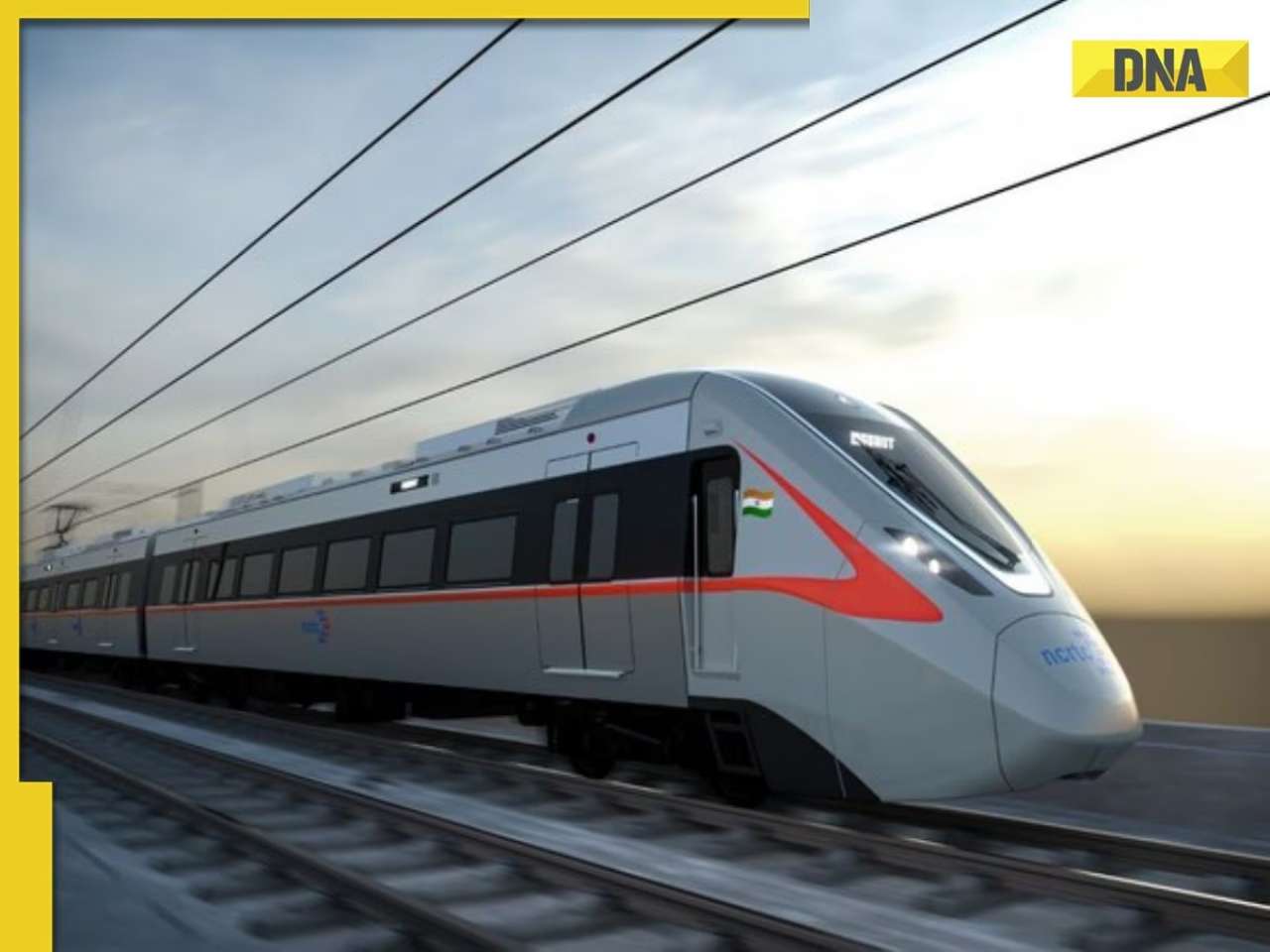
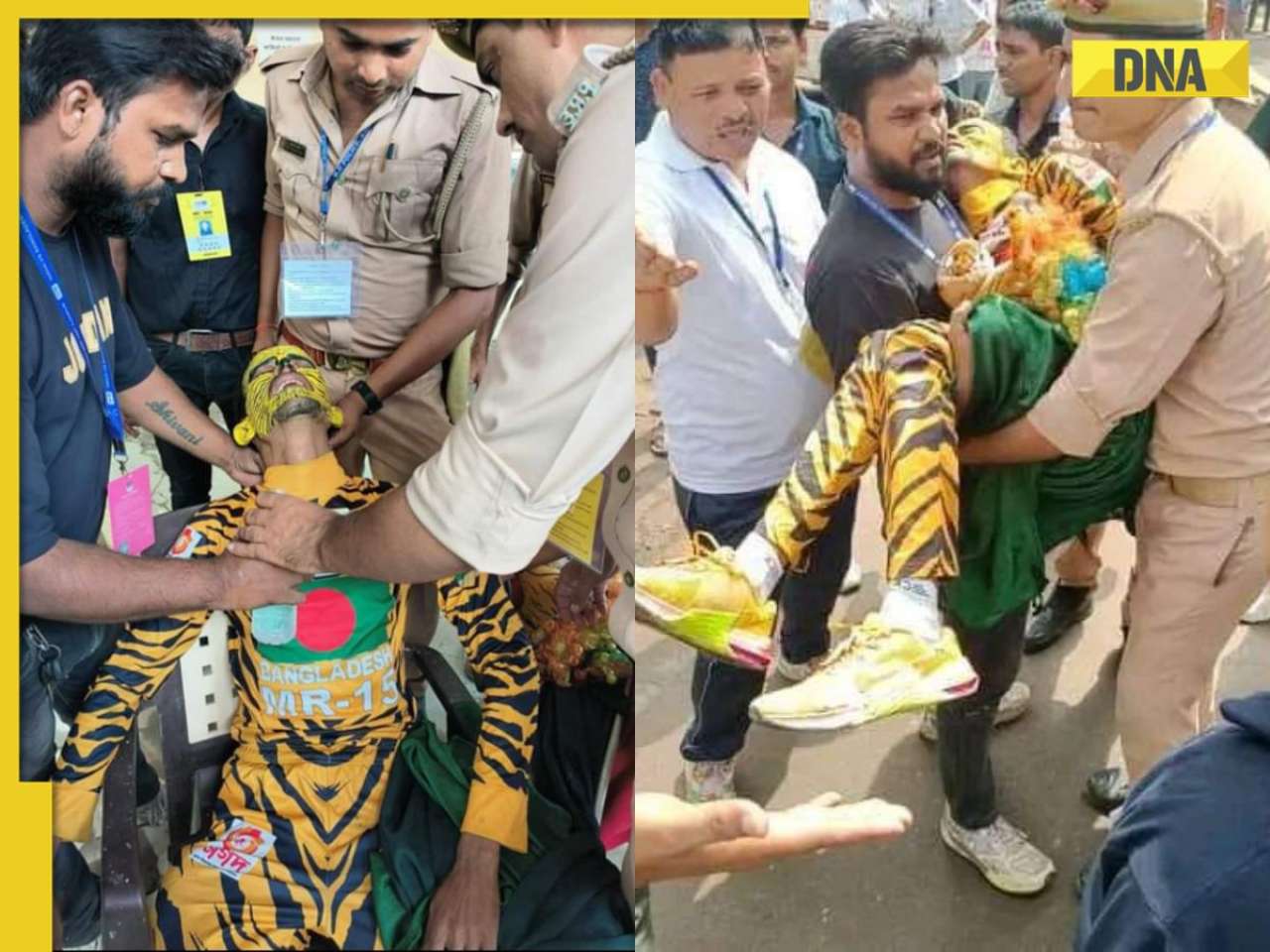
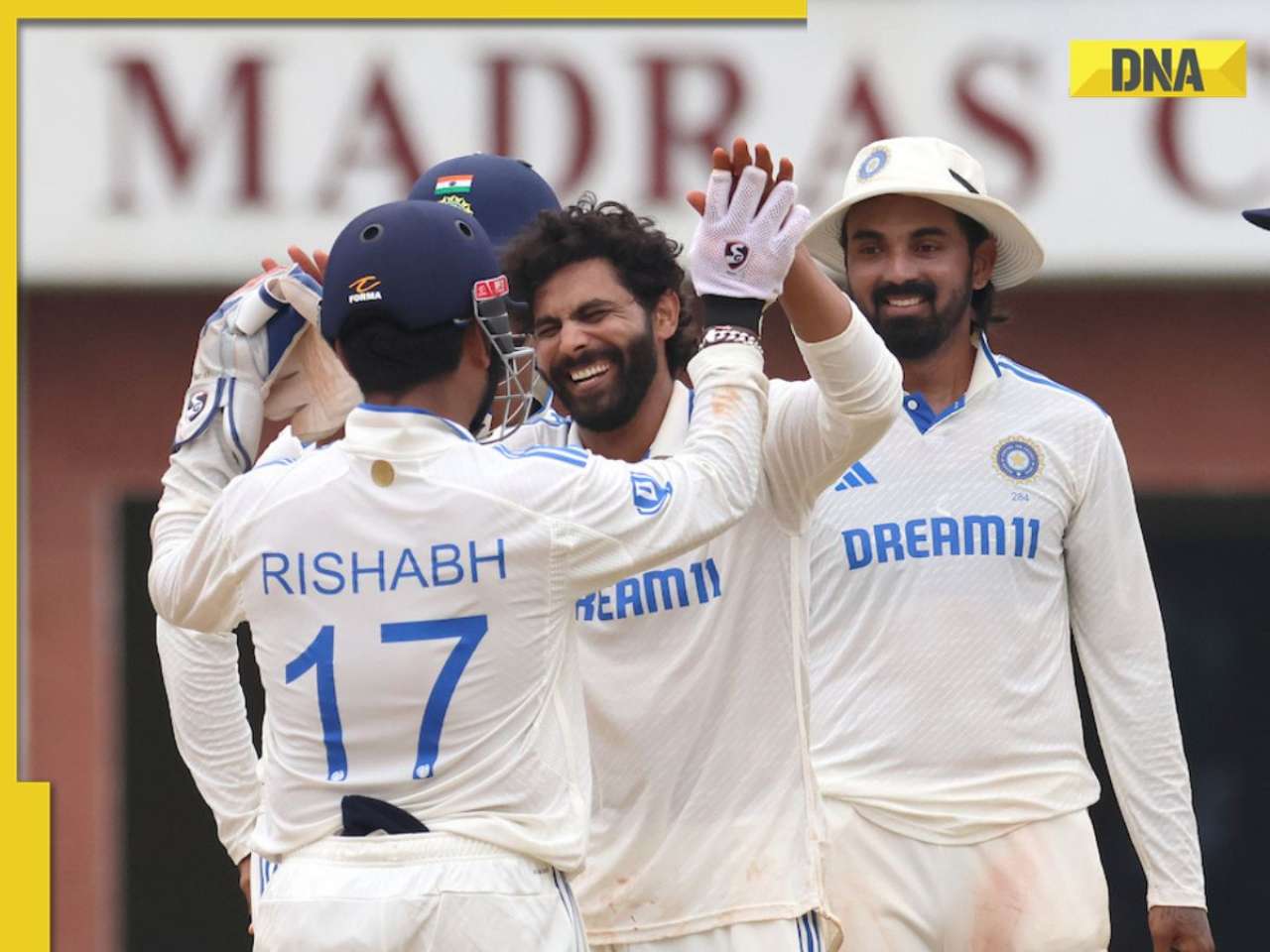
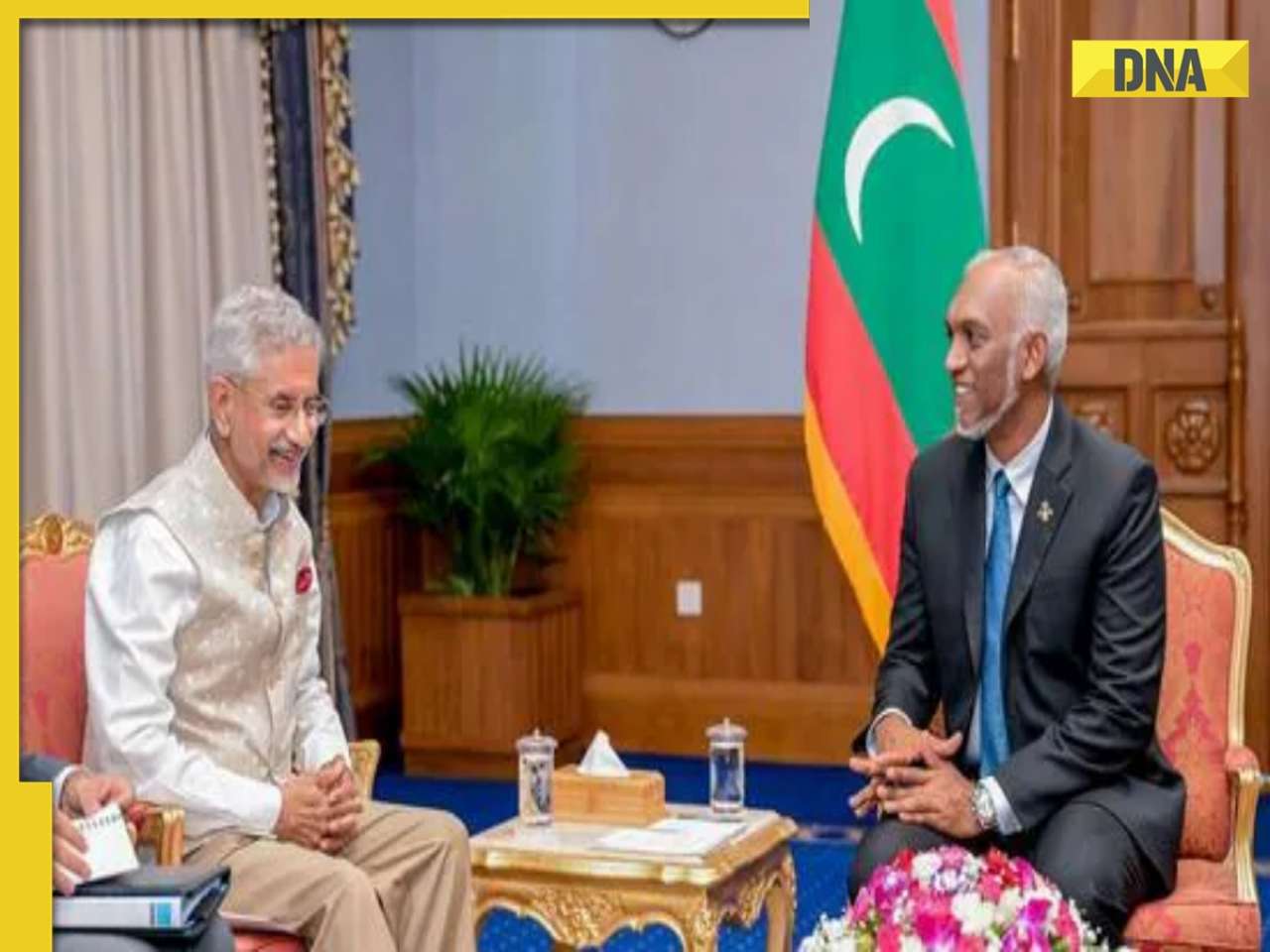
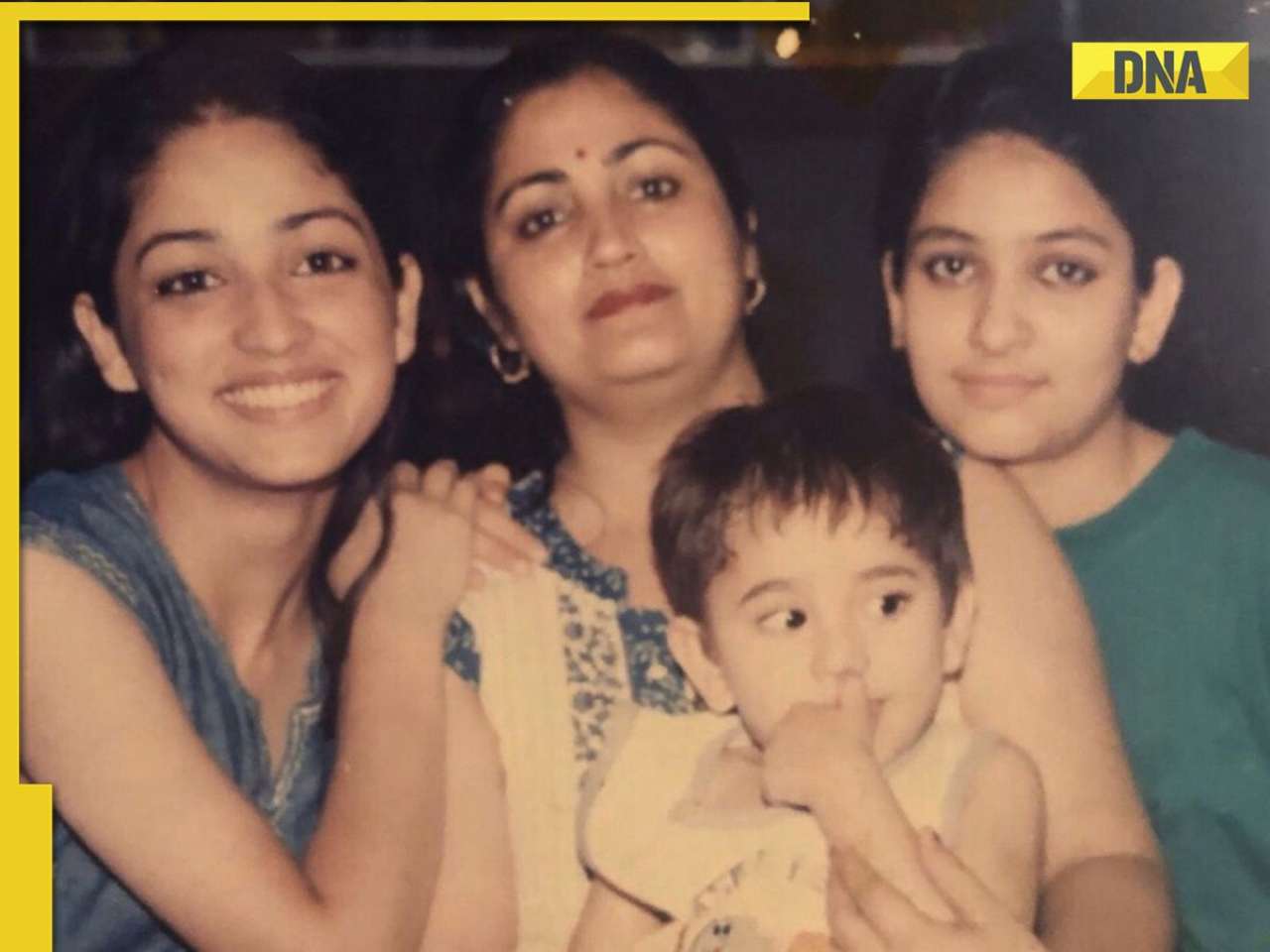





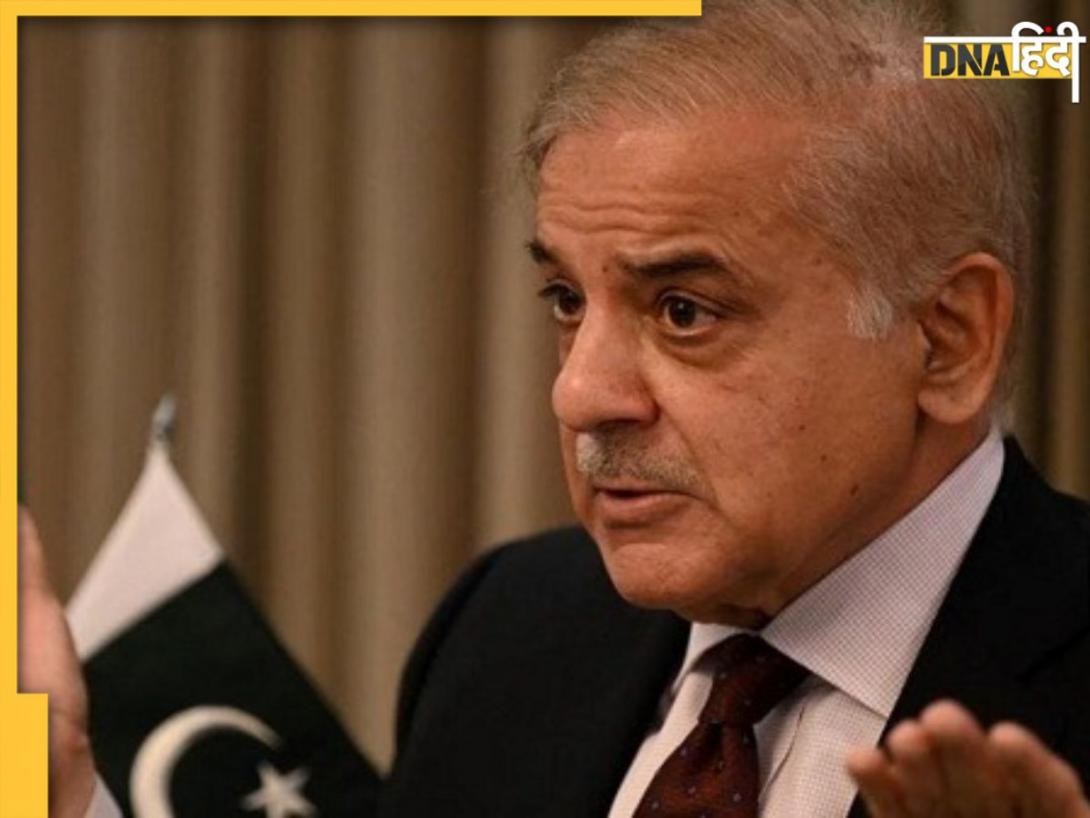
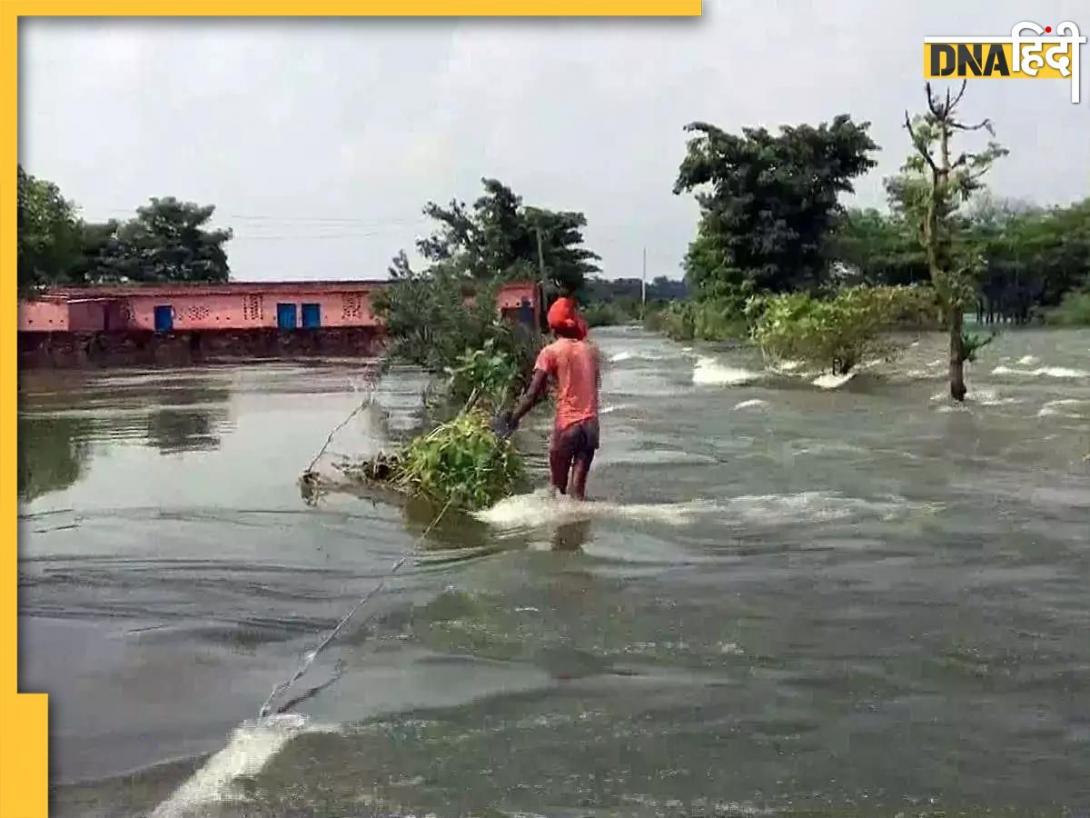
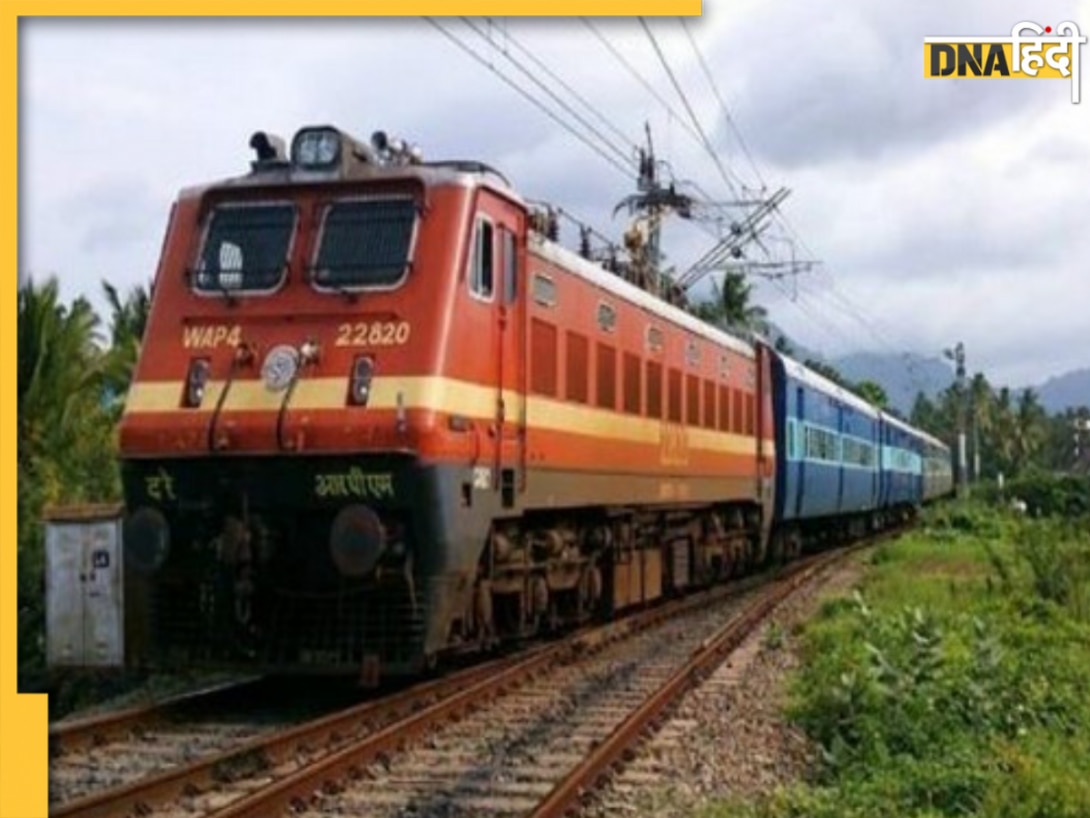

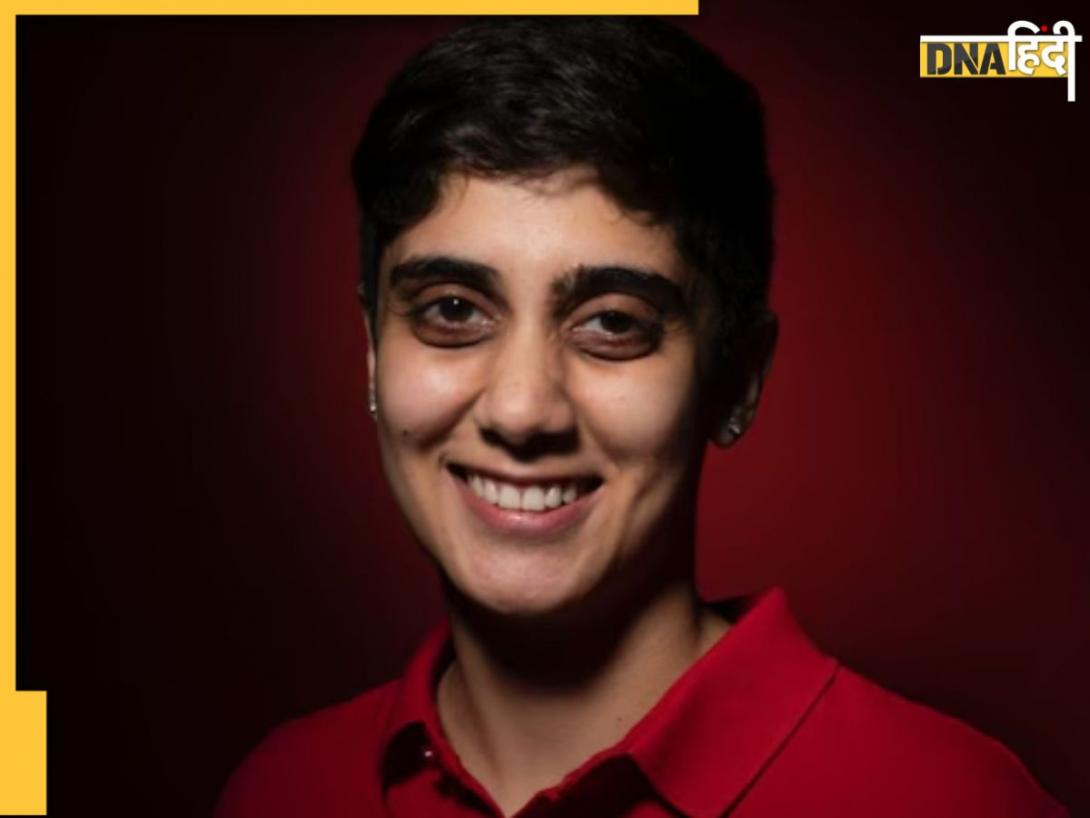



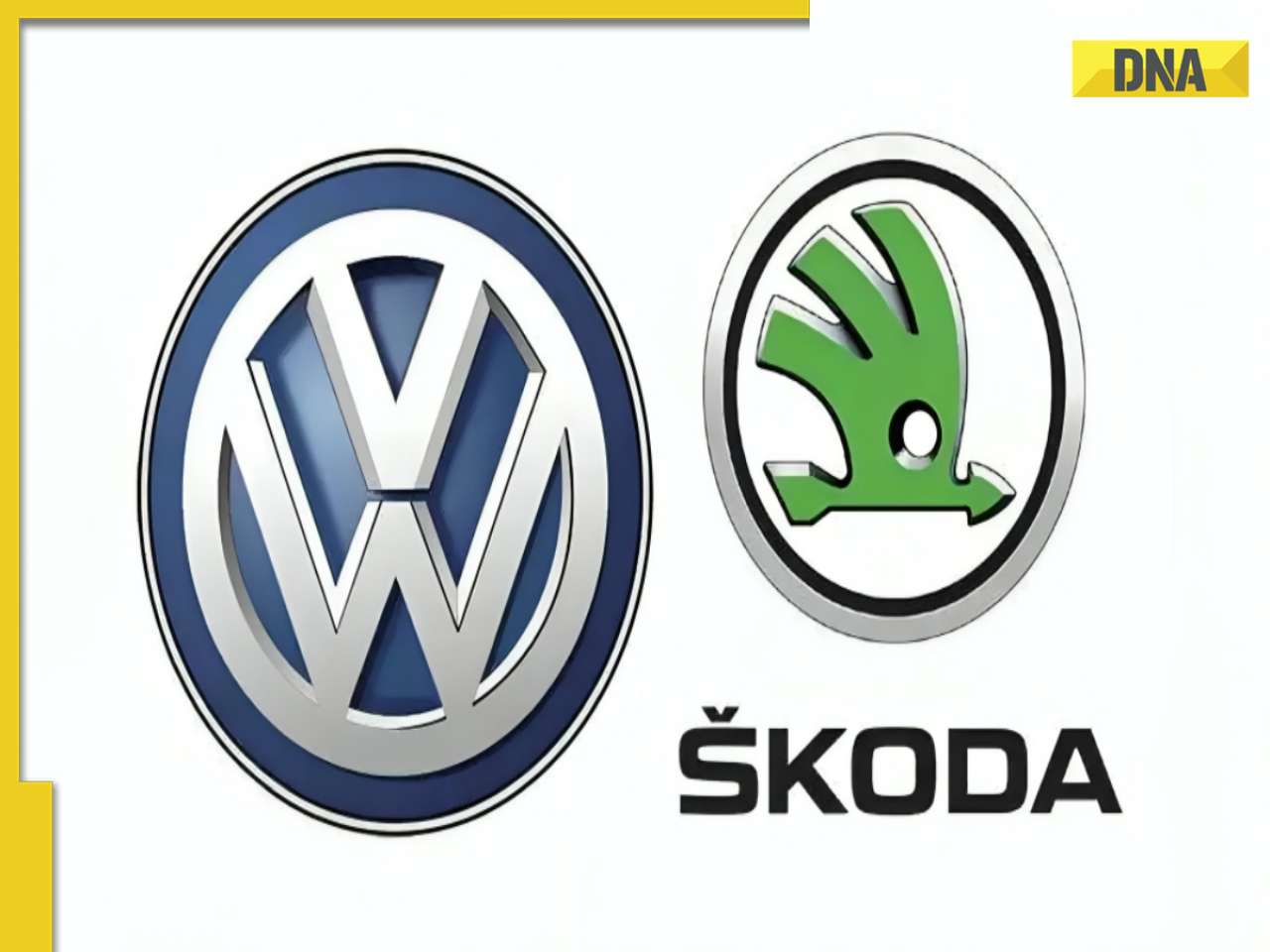

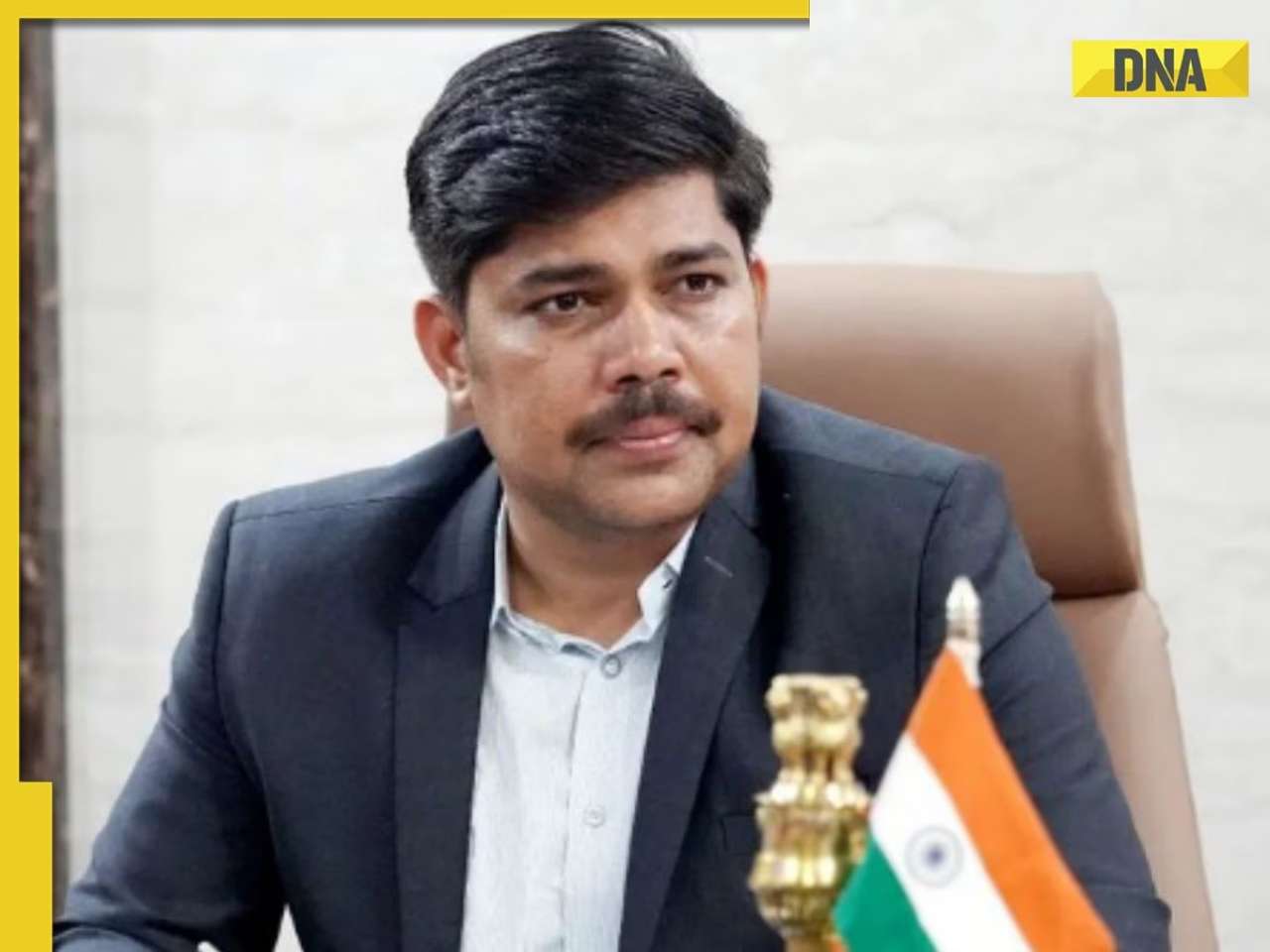
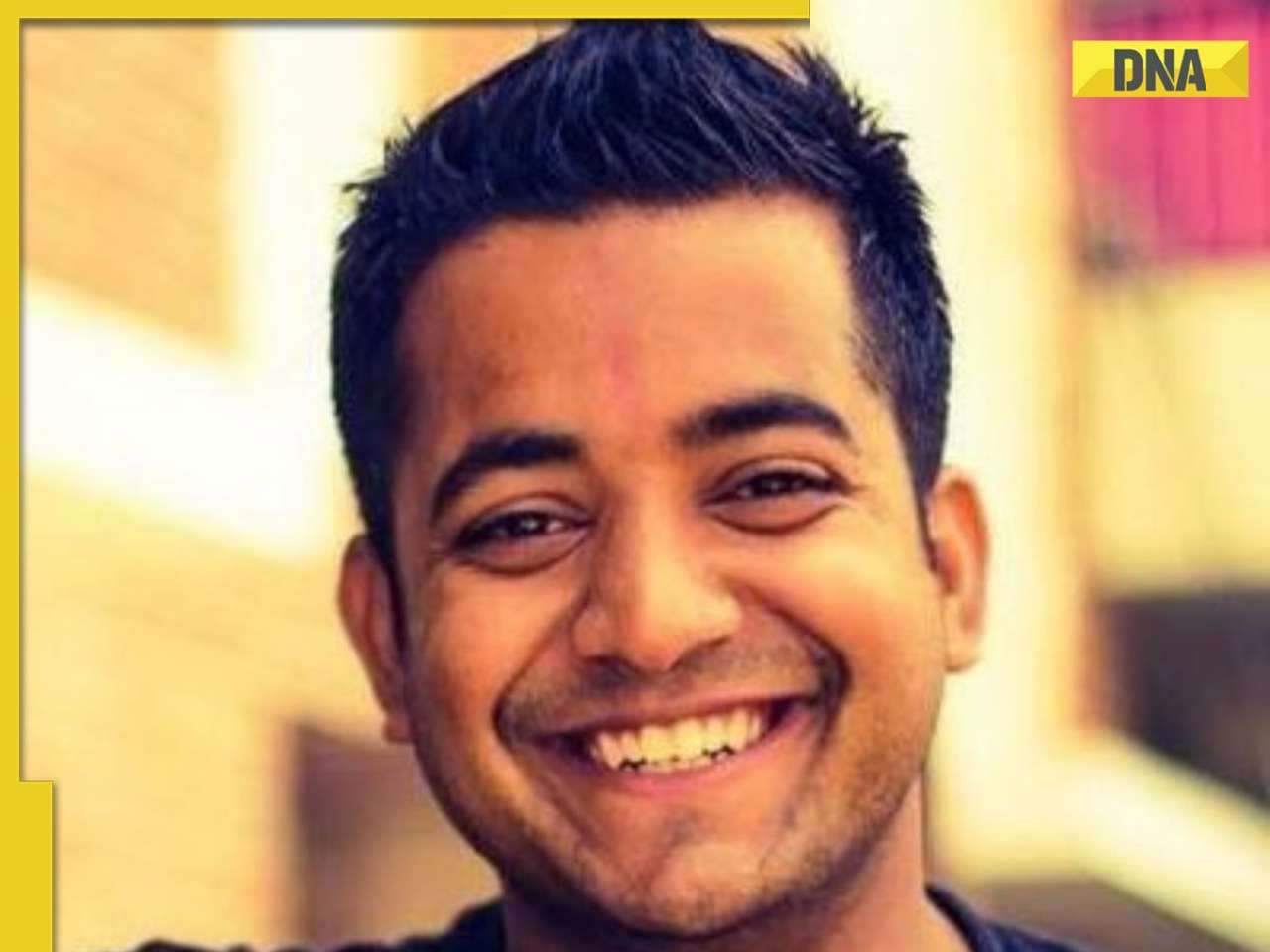
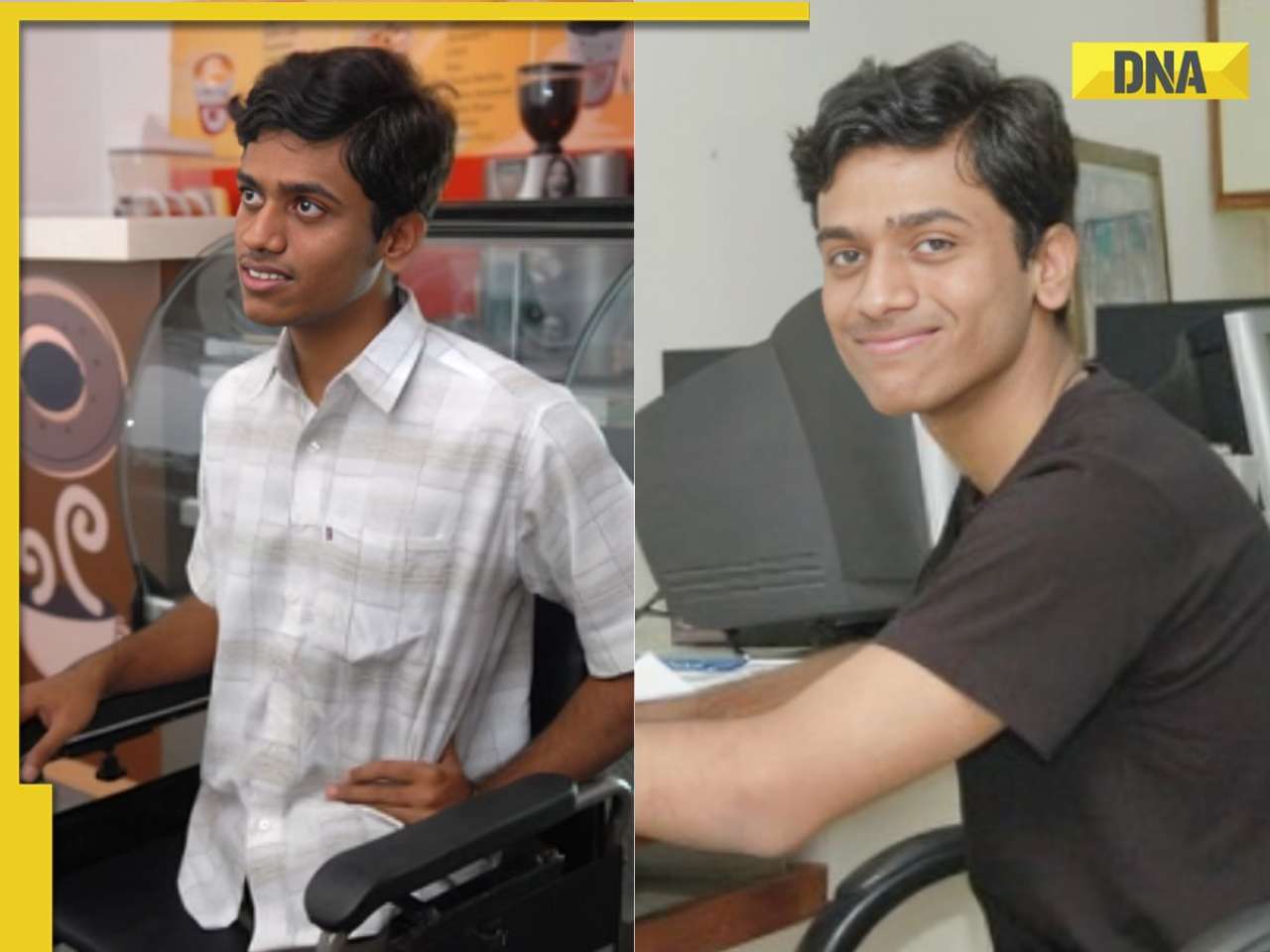
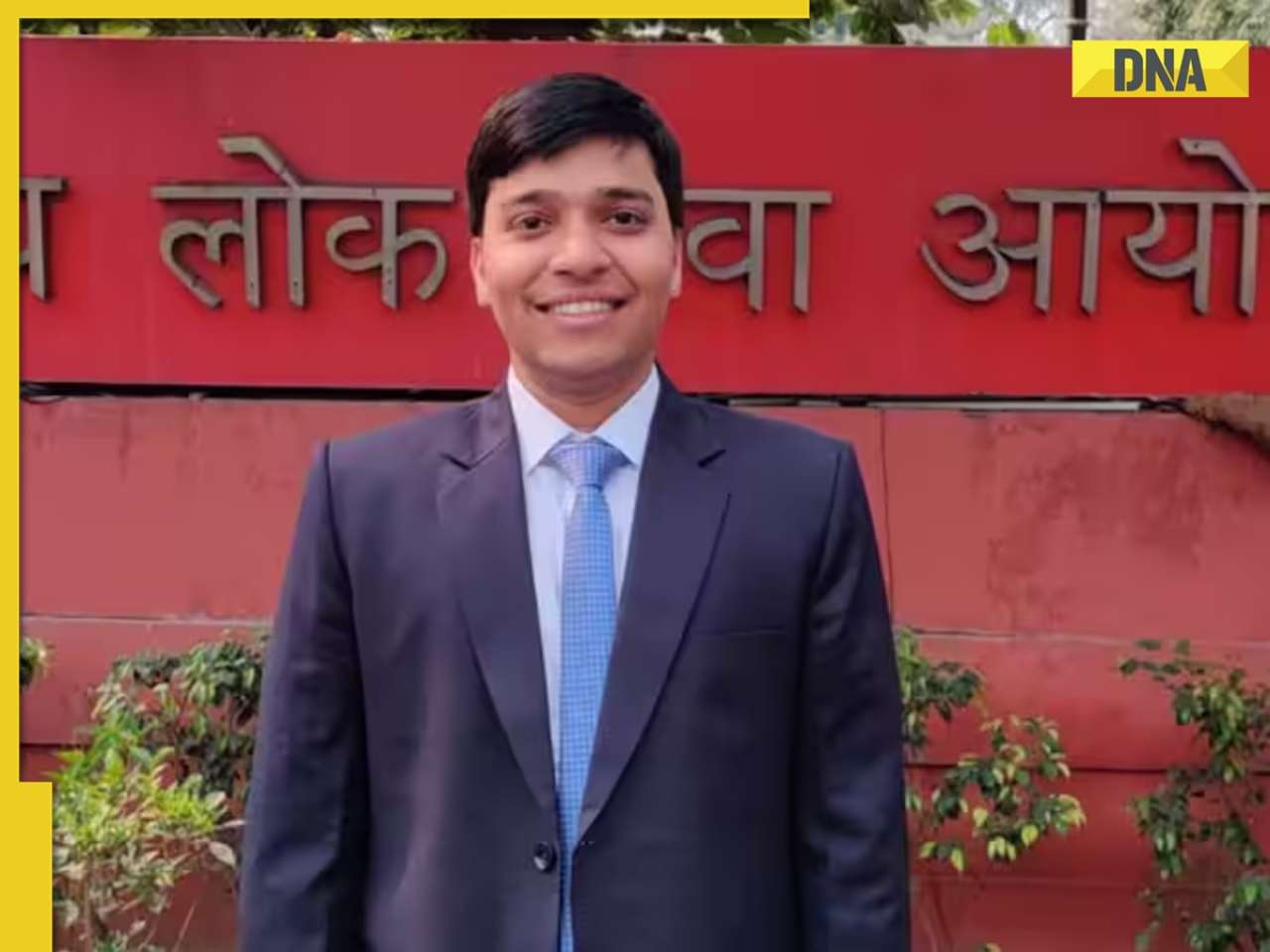


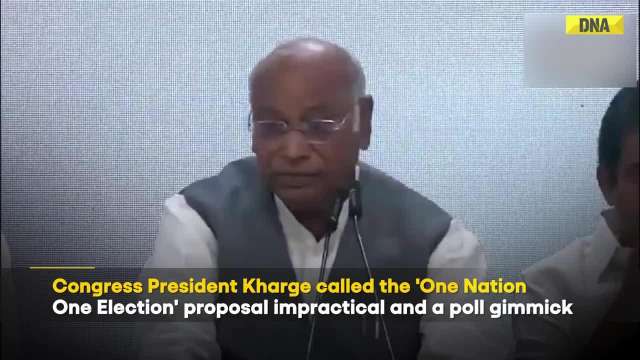
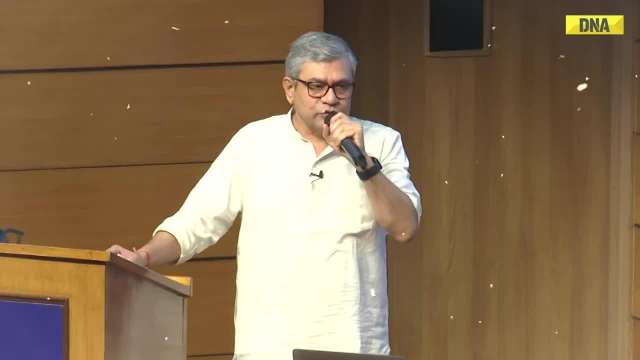
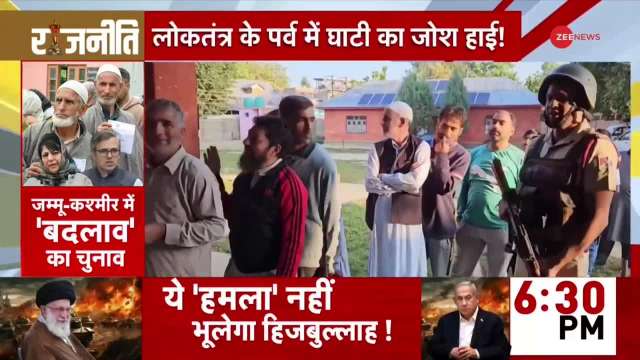
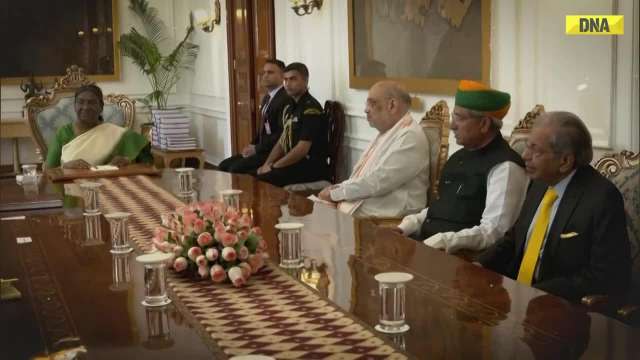
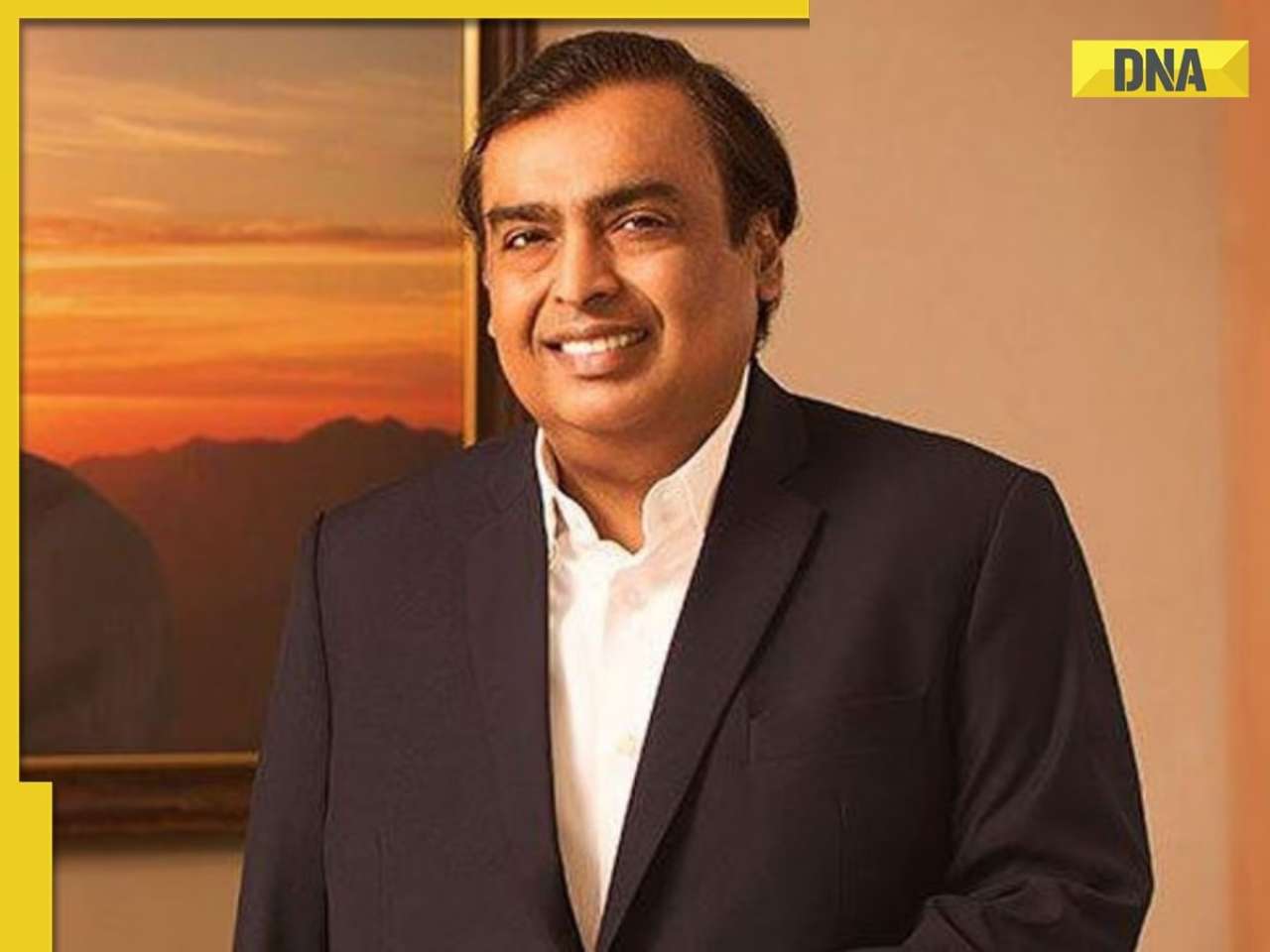
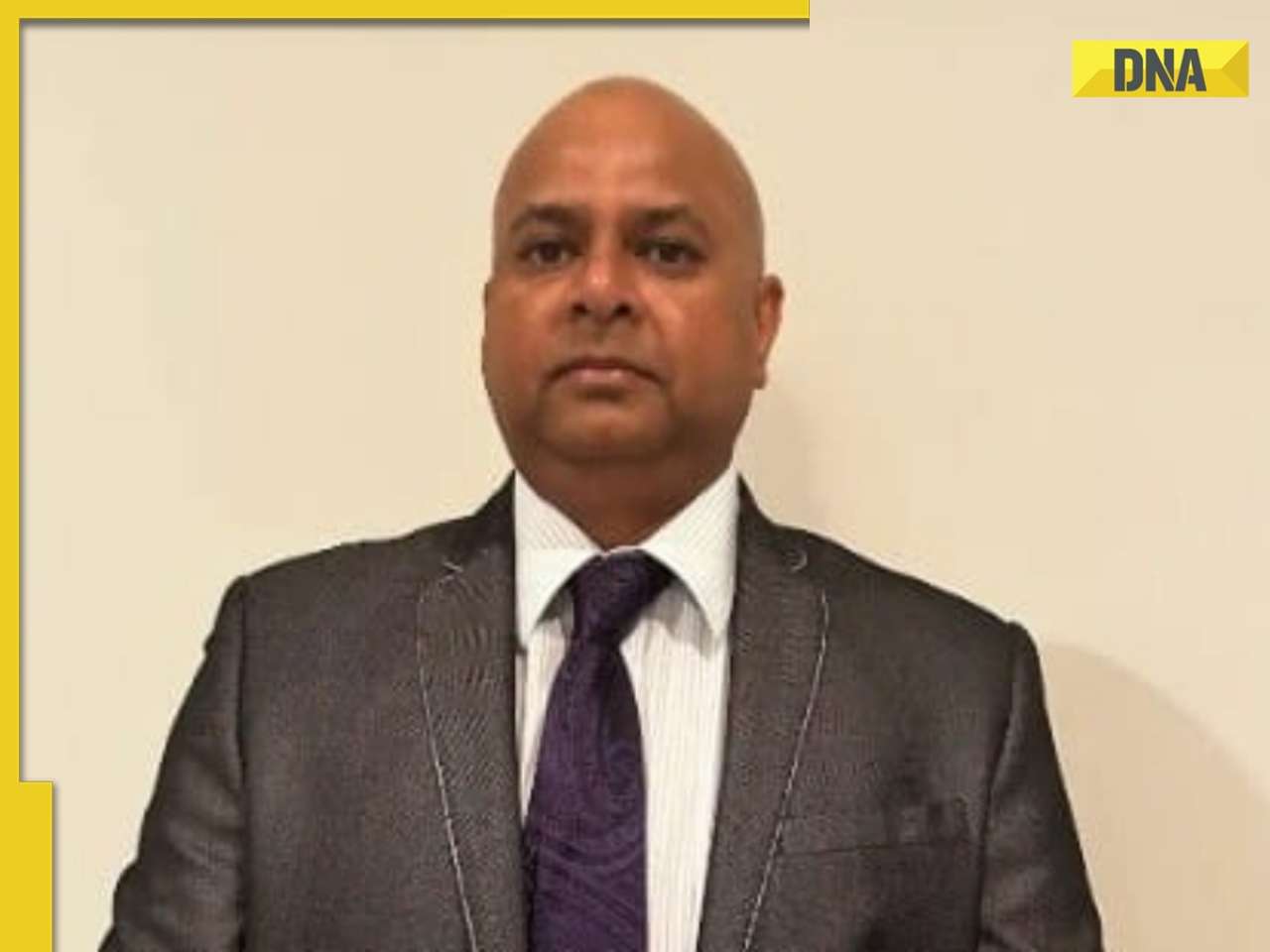
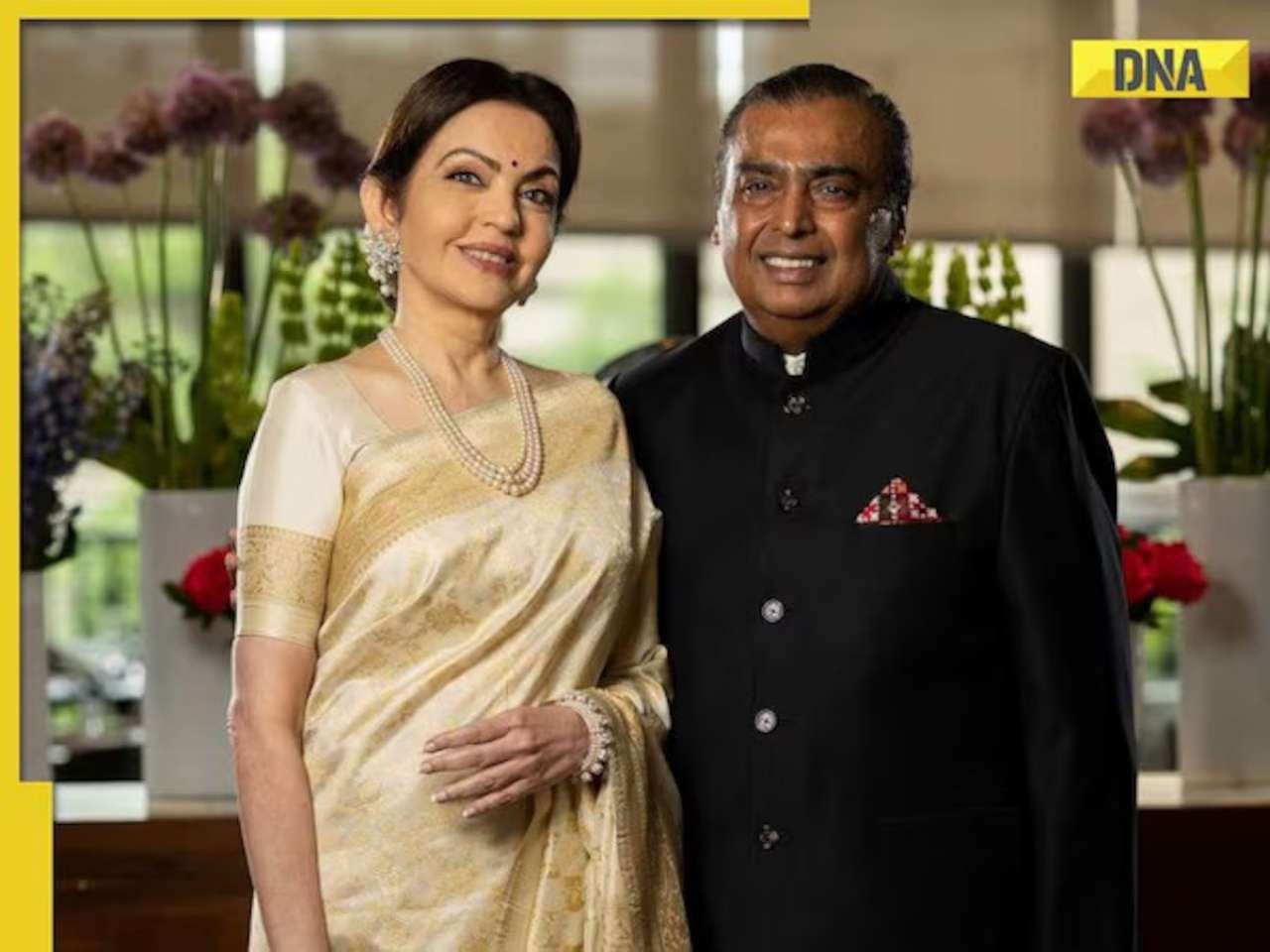

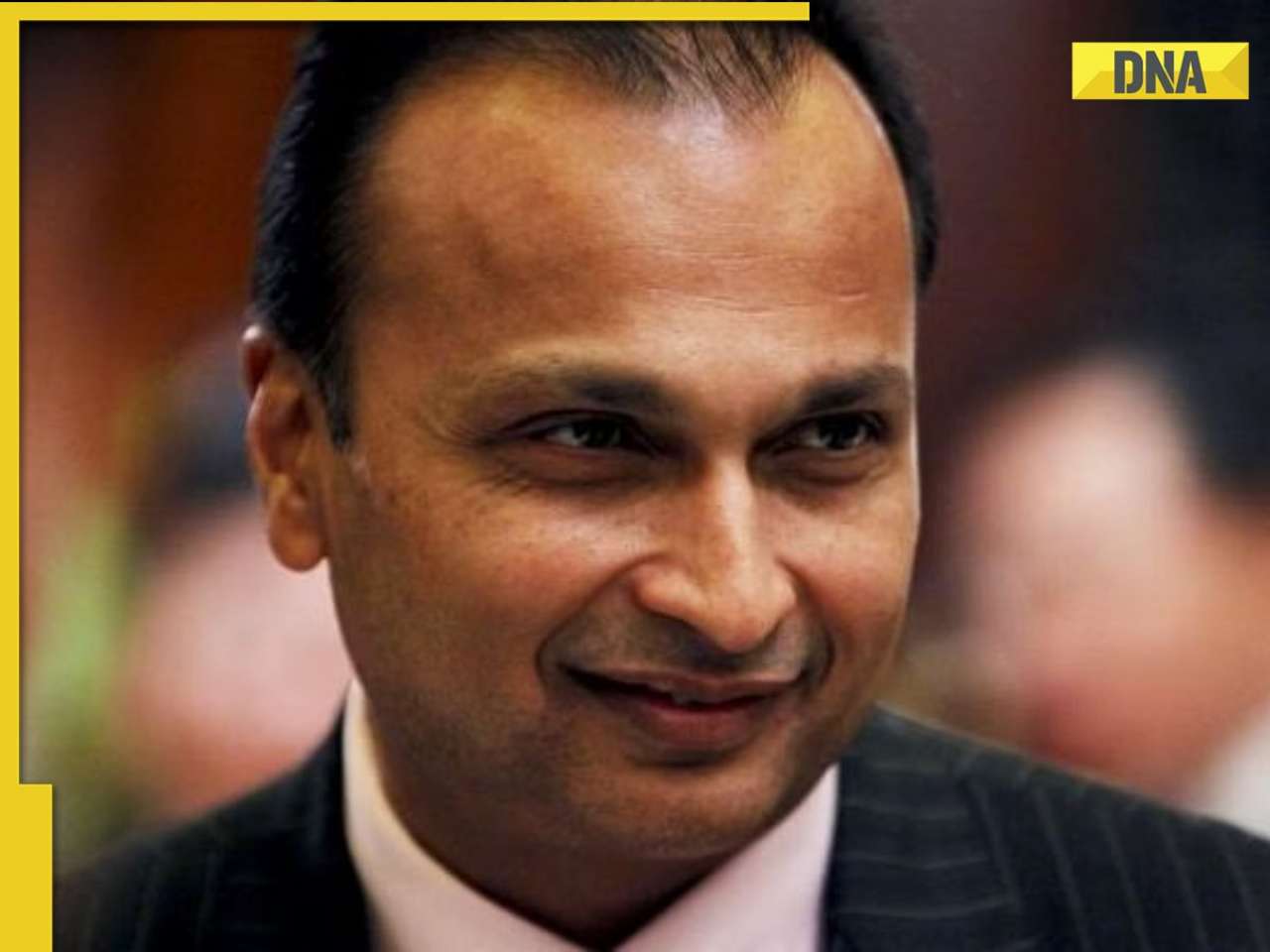





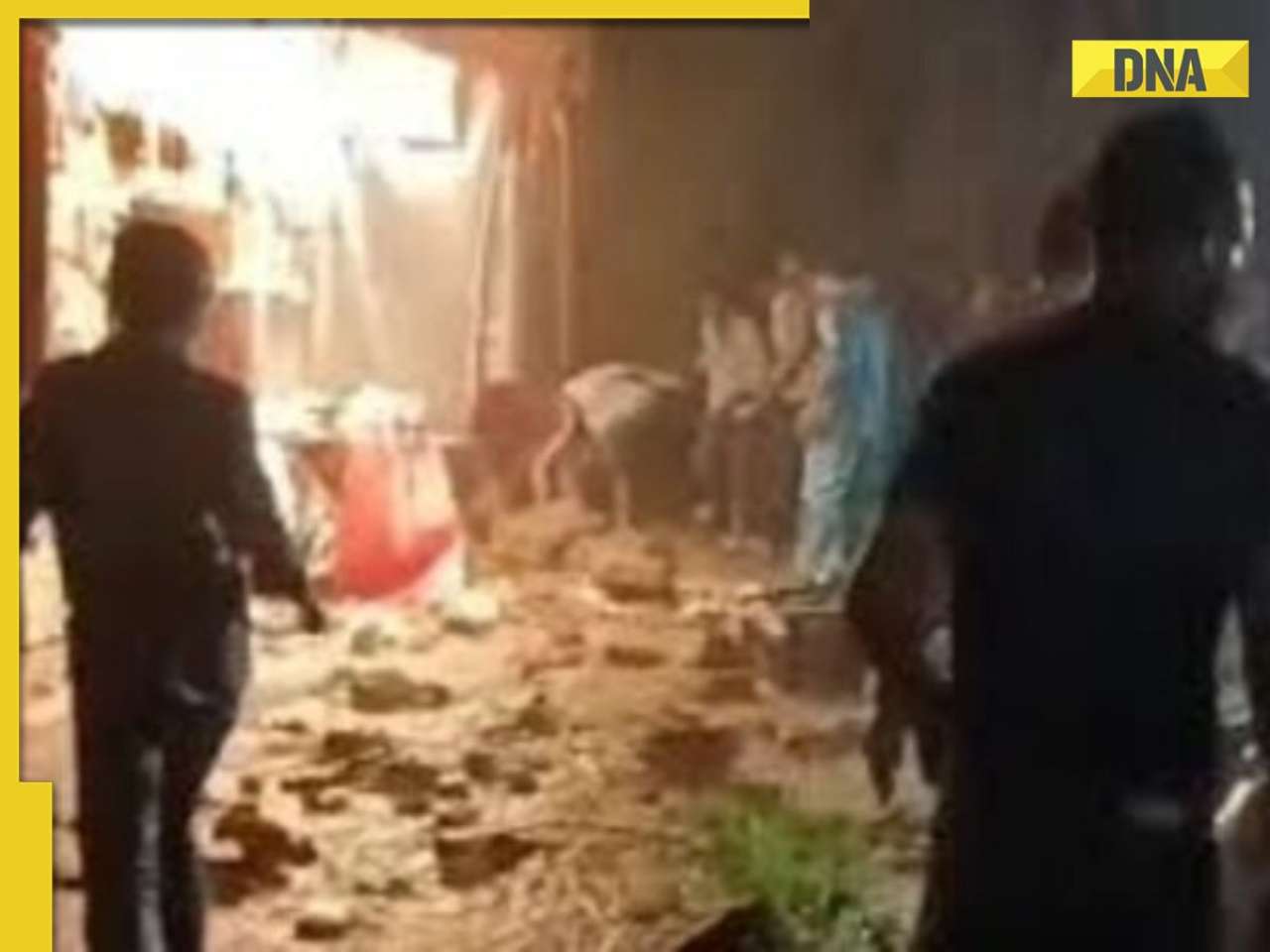
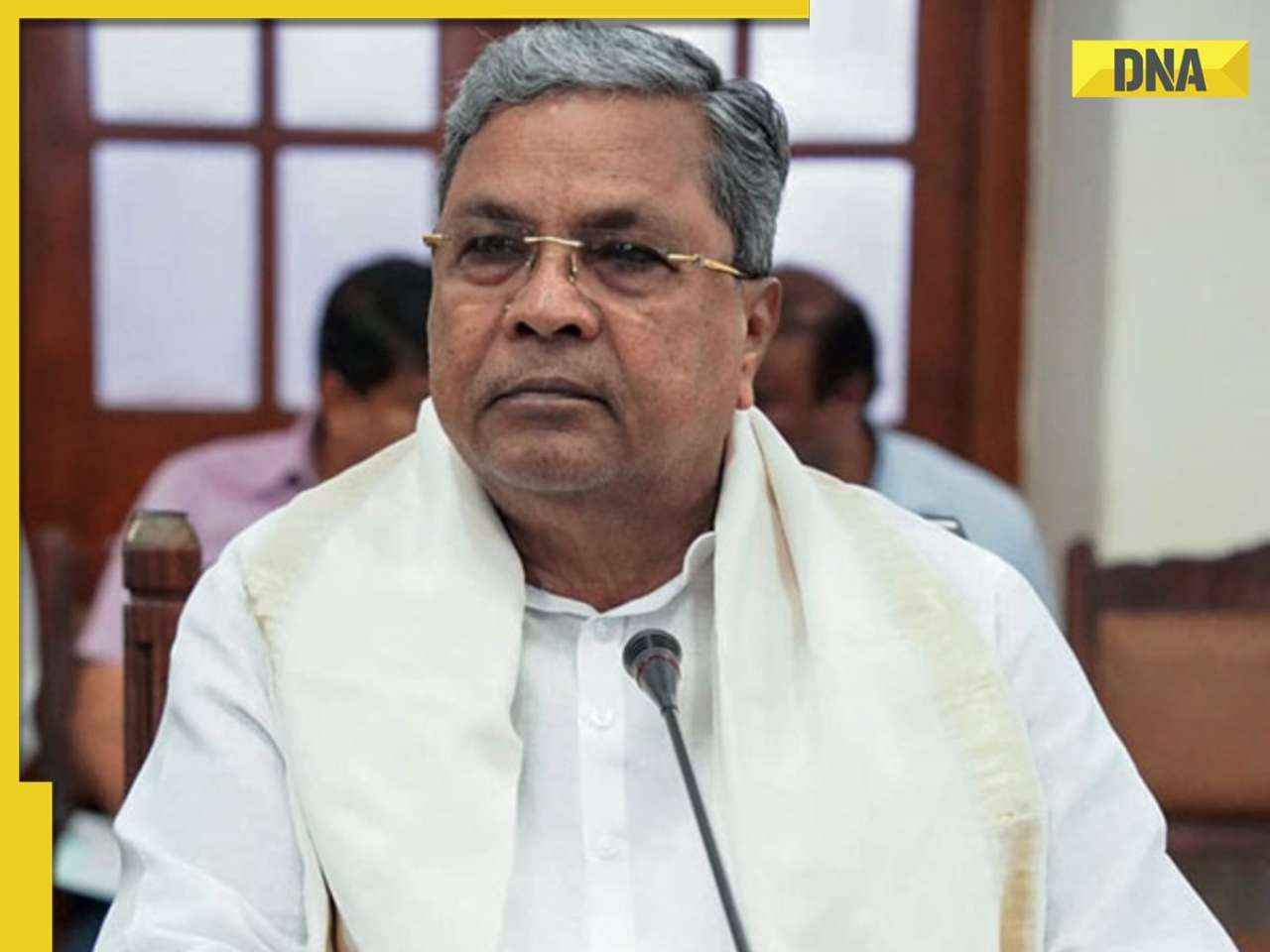
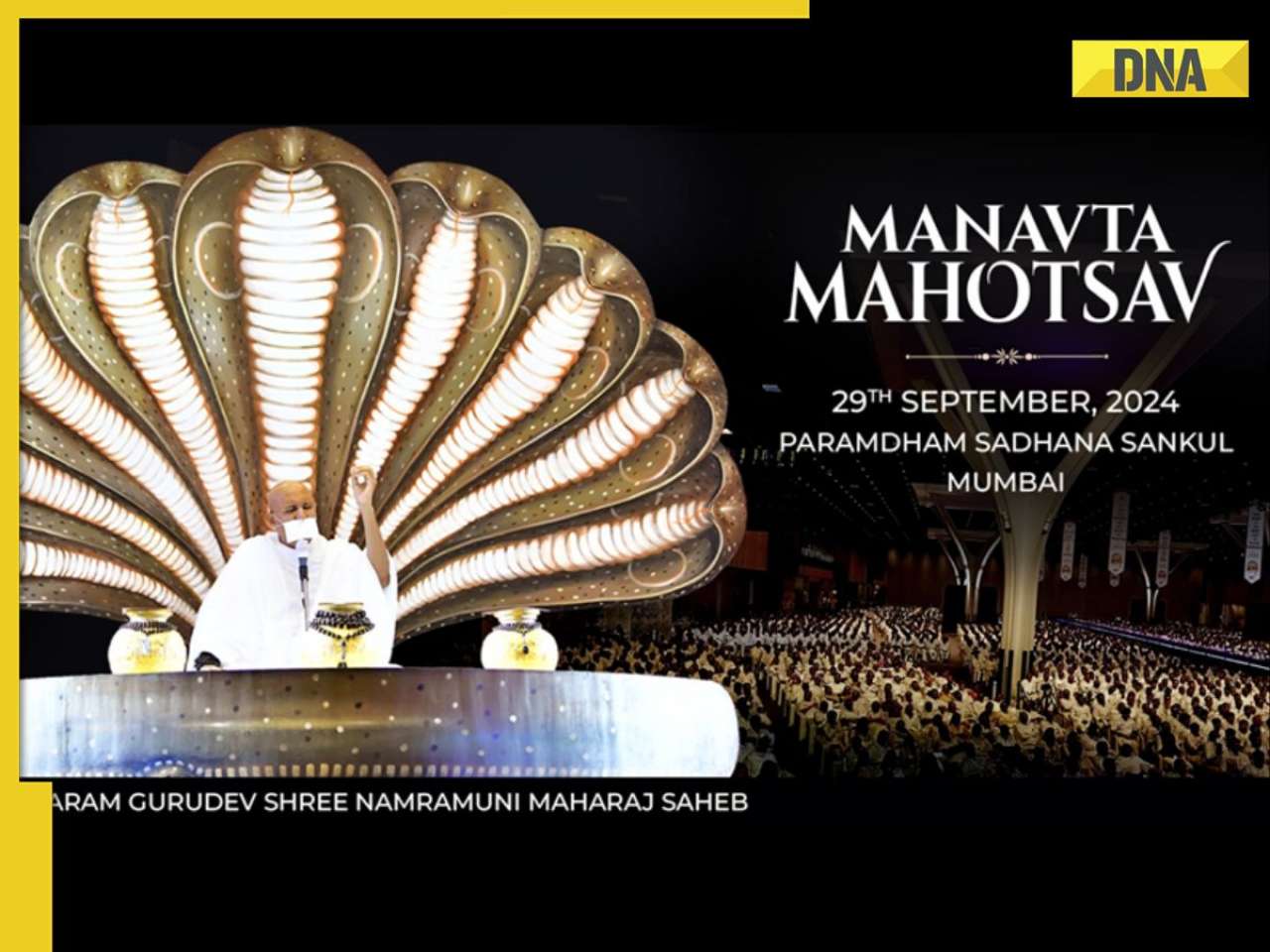
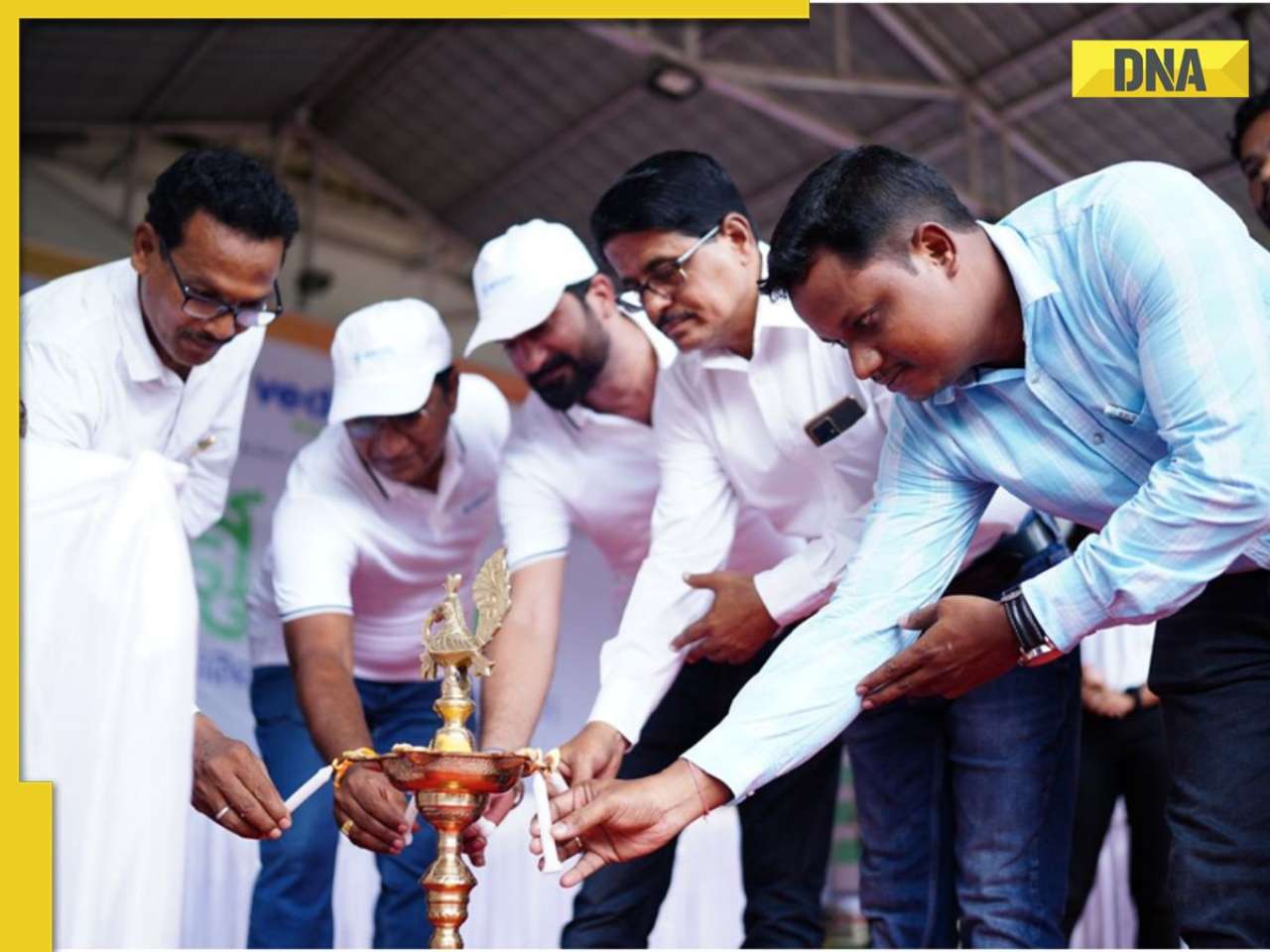


)
)
)
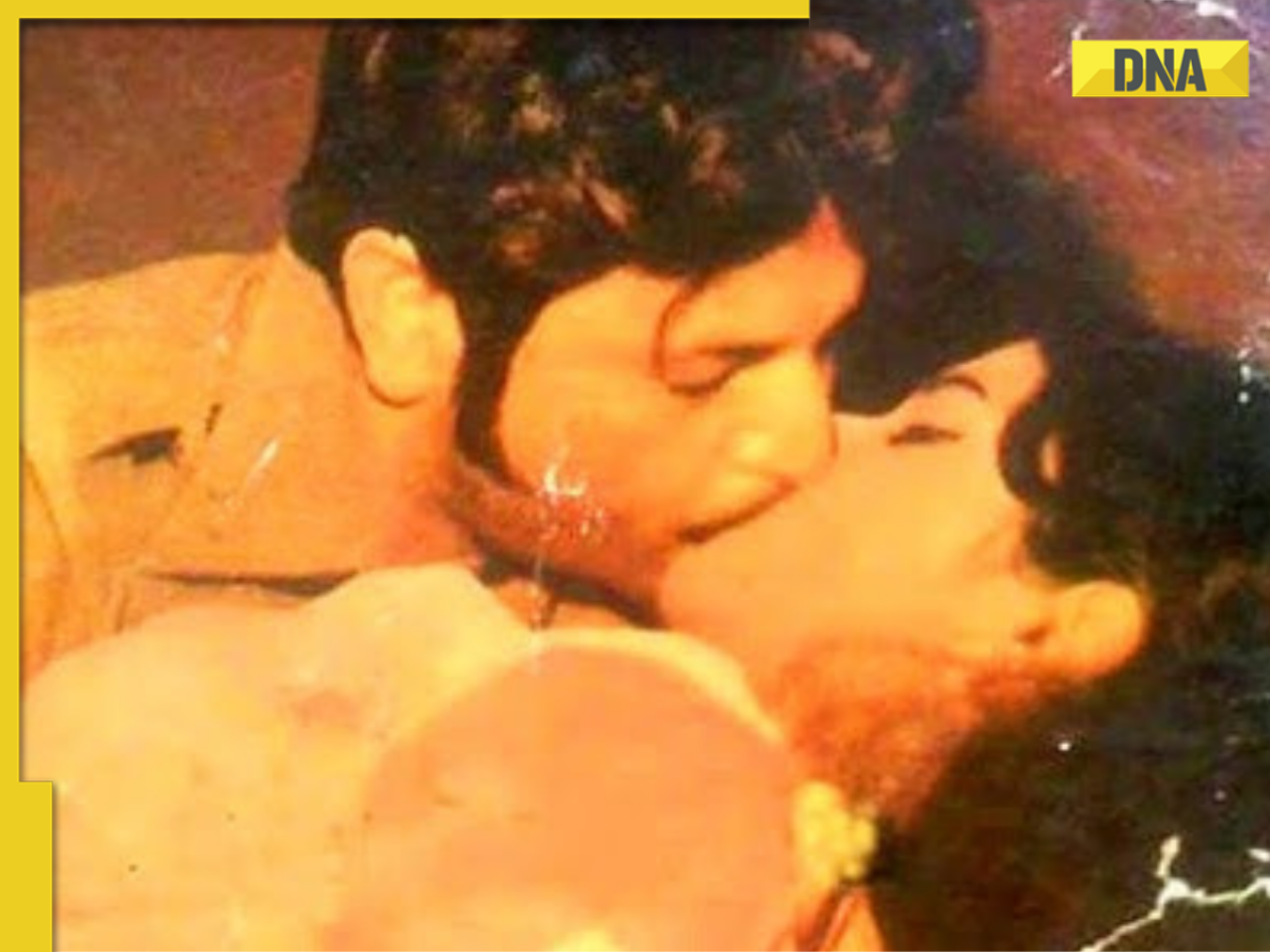)
)
)
)
)
)
)
)
)
)
)





)
)
)
)
)
)